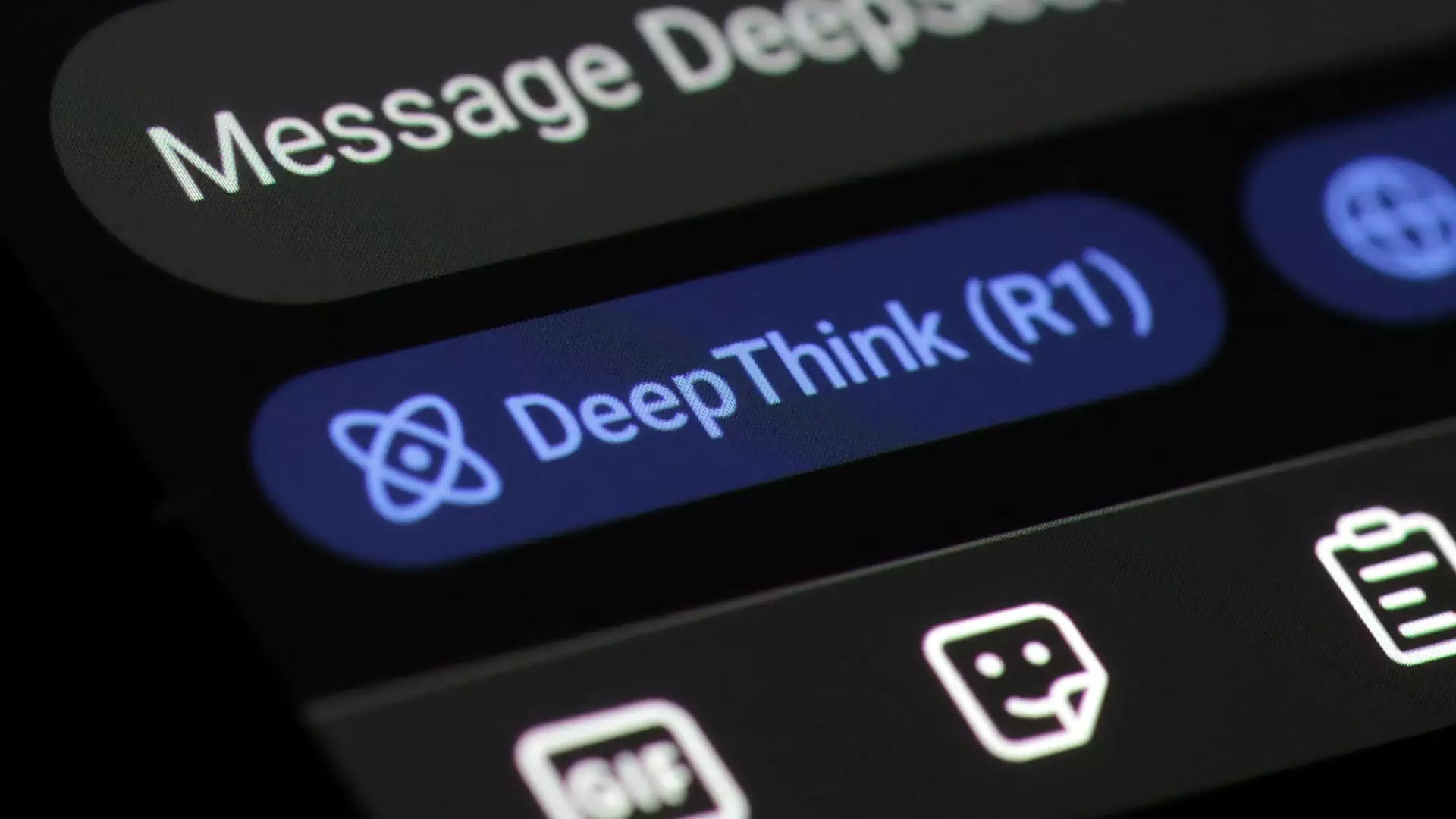The interplay between technology and geopolitics has never been more pronounced than in the current climate surrounding artificial intelligence (AI) development. Recent remarks from Singapore’s Ministry of Trade and Industry (MTI) regarding U.S. companies’ compliance with export controls highlight the fragility of international tech relationships. The spotlight is particularly on DeepSeek, a Chinese company that recently claimed its AI model rivals OpenAI’s, but these lofty claims are now clouded by rising concerns regarding the origins of the semiconductors it utilizes.
DeepSeek’s announcement that its large language model can outperform established players in the market like OpenAI—with a significantly lower training cost—created ripples throughout the tech industry. However, questions quickly emerged about the chips employed in DeepSeek’s R1 reasoning model. The scrutiny intensified following reports that U.S. officials are probing DeepSeek’s semiconductor sources, particularly whether these chips were acquired through third-party channels from Nvidia in Singapore, an angle that could imply the circumvention of export regulations.
The narrative surrounding semiconductors is emblematic of a larger concern about the competitive landscape of AI. The precision and capability of state-of-the-art chips are crucial in this fast-evolving field, and any perceived impropriety corresponding to their acquisition could lead to considerable implications for both companies and countries involved.
In response to the unfolding situation, Nvidia provided clarity, affirming through a spokesperson that the chips utilized by DeepSeek are fully compliant with applicable export laws. This declaration serves as a defense not only for Nvidia but also seeks to alleviate concerns surrounding the integrity of Singapore as a business hub in the semiconductor supply chain. Nvidia’s remarks—that most products associated with their operations in Singapore are destined for markets beyond the city-state—suggest a carefully structured distribution network. This resilience is crucial, given that Singapore accounts for nearly 22% of Nvidia’s revenue, albeit with significant shipments flowing elsewhere.
Furthermore, MTI’s strong stance emphasizes the commitment to uphold legal standards. Their assurance that customs and law enforcement agencies will remain vigilant and collaborate with their U.S. counterparts in monitoring compliance offers a reassuring layer of oversight. The assertion, “we have always upheld the rule of law, and acted decisively and firmly against individuals and companies that flout the rules,” reflects a keen awareness of the high stakes involved in global technology trade.
As geopolitics continues to shape technology, the relationship between the U.S. and China regarding AI advancements will undoubtedly play a pivotal role in global market dynamics. Export controls and international cooperation in maintaining compliance will serve as critical factors in fostering or hindering innovation.
The case of DeepSeek exemplifies the potential for ambiguity and uncertainty in the tech landscape, where companies must navigate a minefield of regulations to pursue advancement. Consequently, vigilant adherence to export laws by companies like Nvidia will not only influence their reputation and operational integrity but also impact broader technology races on the world stage.
Ultimately, how companies and countries respond to these challenges will dictate the future trajectory of AI development, shaping innovations that can either bridge or deepen divides in the global community. The balance of innovation and regulation will remain a focal point as technological boundaries are tested amidst ever-evolving international relations.

